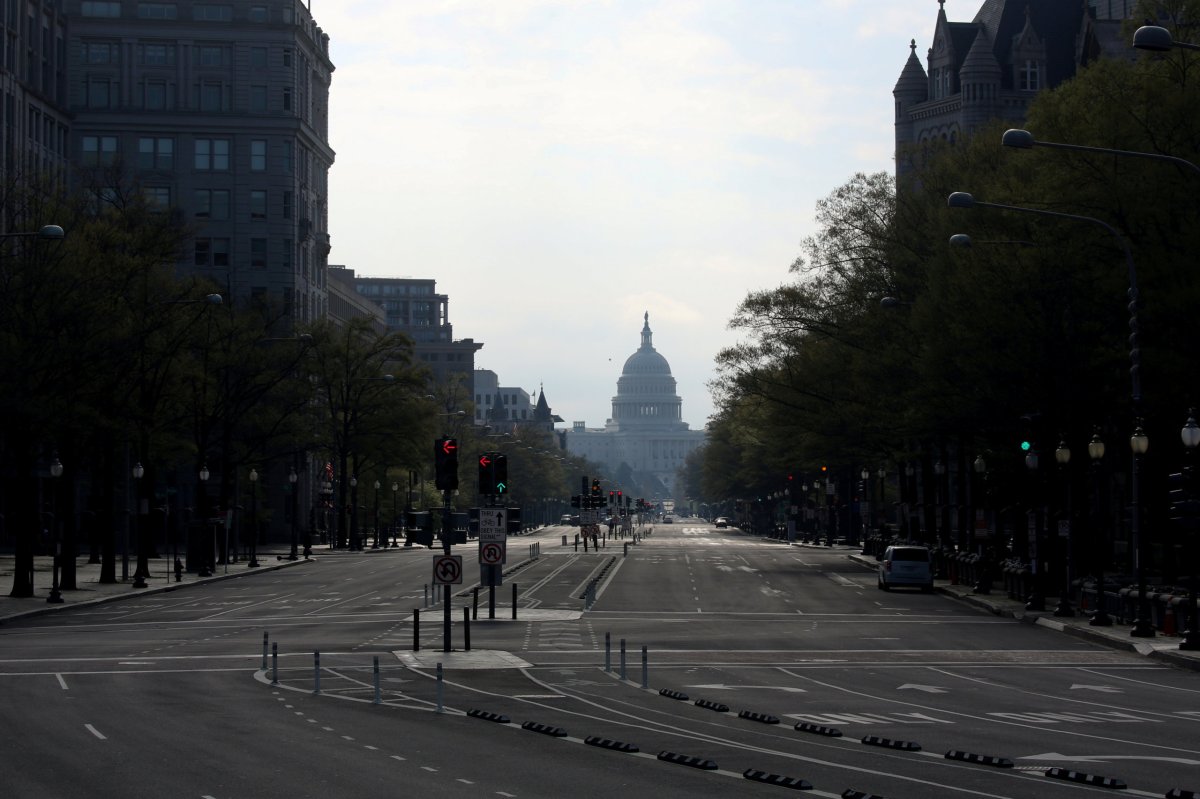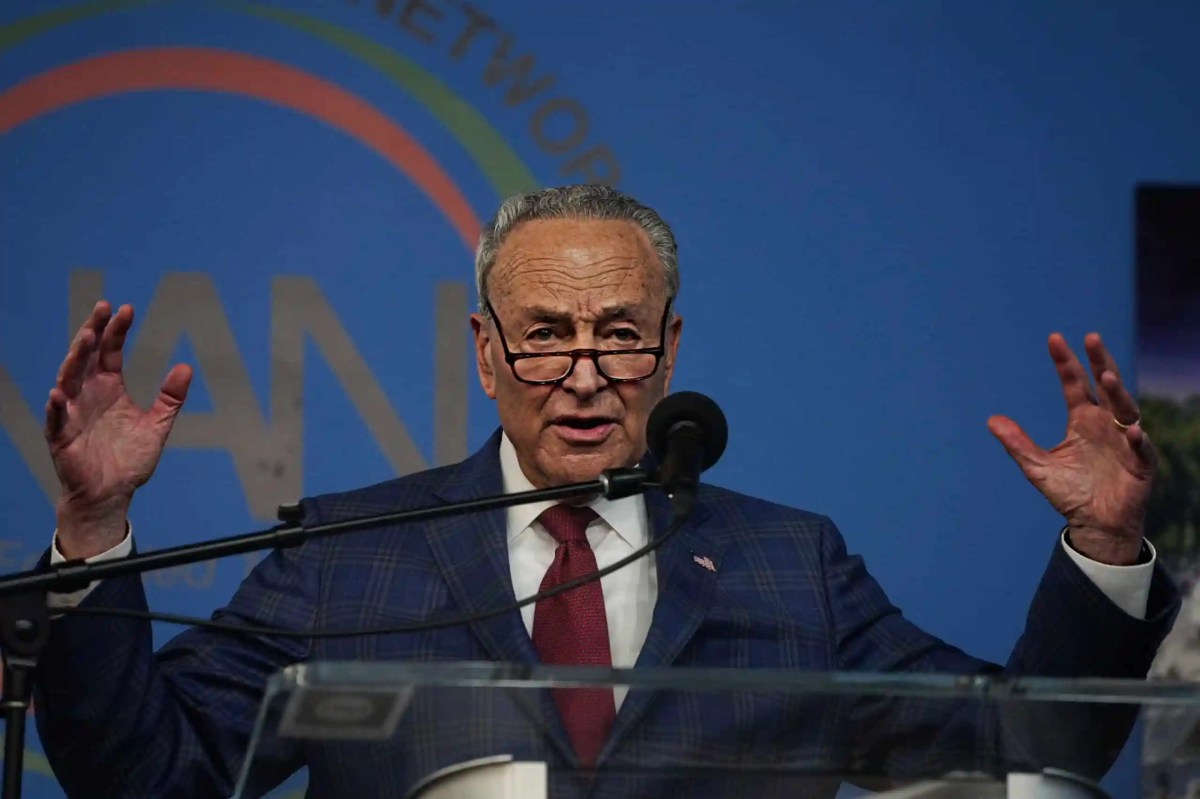WASHINGTON (Reuters) – Roughly $70 billion of a $350 billion pot of loans to cover the payrolls of ailing small businesses have been originated by U.S. lenders in recent days, President Donald Trump said on Tuesday, adding that that money was “essentially loaned.”
In fact, no one, including the administration, seems to know how much of that money has made it into the hands of small businesses, many of which say they have yet to see a penny.
“They’re saying it’s going great but on the street no one’s received any funds yet,” said Sachin Mahajan, who shut down his restaurant, Karma Modern Indian, in the heart of Washington, D.C., on March 16 after business nosedived.
“All the business owners I have spoken with, none of them have seen anything come through yet,” said Mahajan, who submitted his payroll application on Monday, after his bank asked him to resubmit online his Friday paper application.
Neither the U.S. Treasury Department nor the Small Business Administration, which are jointly administering the program, have formal data on disbursements, which are issued by participating banks, a senior administration official told Reuters.
Reuters contacted five major Washington-based bank trade groups, as well as the U.S. Chamber of Commerce, all of which said they did not have that data as of Tuesday.
Only one of the groups, the Independent Community Bankers of America (ICBA), said it was trying to gather information on loan disbursements from its members.
“As a one-off anecdotal example, one of our largest SBA-lenders is trying to get out disbursements today,” said Paul Merski, an executive director at the ICBA.
“That’s the first one I heard of that would actually be putting cash out the door.”
Wells Fargo & Co, a major small business lender, on Sunday hit a $10 billion cap on loan applications it plans to accept under the program, but on Tuesday said it had yet to disburse any funds to clients. JPMorgan and Bank of America, which have been processing applications since the scheme began on Friday, declined to comment on disbursements.
Launched on Friday as part of a $2.3 trillion congressional economic relief package, the $350 billion program allows small businesses hurt by the coronavirus to apply for government-guaranteed loans with participating banks. Those loans will be forgiven if they are used to cover payroll costs, subject to some conditions.
Speaking on Tuesday, Trump said $70 billion had “been loaned,” but that figure is likely to refer to loans that have been processed by the SBA, as opposed to cash that has been released to businesses, three banking sources said.
They said the amount of money dished out to small businesses is likely to be much smaller because many lenders are still waiting for the SBA and Treasury to issue a loan authorization form – the last piece of the paperwork puzzle required for money to be handed to the customer.
The form lenders had initially been using turned out to be incorrect, according to an SBA email seen by Reuters on Monday and the sources, and a compliant form has yet to be issued.
The cause of the hold-up was not clear, the sources said. SBA and Treasury did not respond to a request for comment on regarding loan authorizations.
Without that paperwork, banks worry loans may not qualify down the line for the government guarantee, or for forgiveness, the sources said. Lenders are also getting mixed signals on how to proceed: Treasury officials have told banks verbally to go ahead and issue loans, on the basis they will be grandfathered into the compliant regime once the correct paperwork is issued.
But some regional SBA offices emailed banks on Monday telling them to hold off, according to two of the sources, and another email seen by Reuters. That has left many banks in limbo, said a spokesman for the Consumer Bankers Association.
“Some banks are disbursing funds but many are concerned without final language from SBA, there could be forgiveness issues down the road,” he said.
(Reporting by Michelle Price, Pete Schroeder and Lindsay Dunsmuir in Washington; Additional reporting by Imani Moise and Elizabeth Dilts Marshall in New York; Editing by Matthew Lewis)























